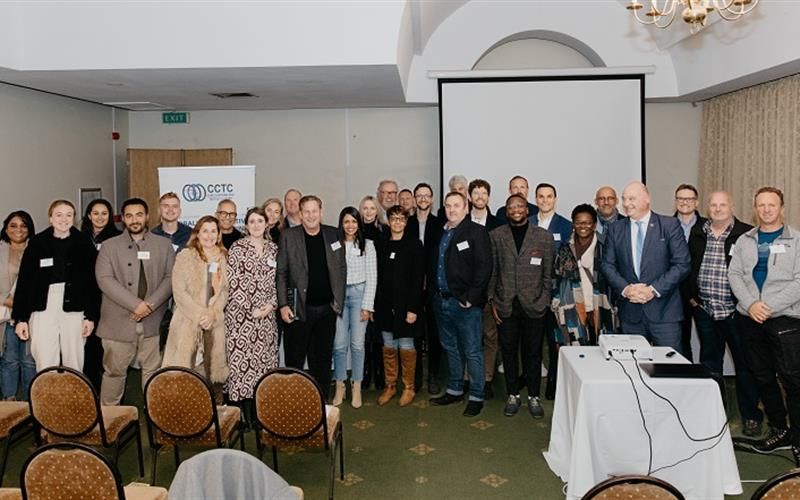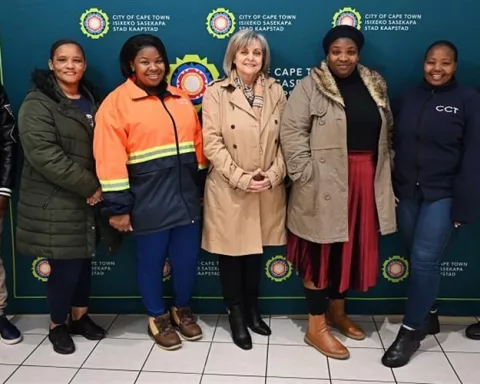A city-funded programme in Cape Town is assisting small and medium-sized enterprises (SMEs) in the clothing and textile sector. Aimed at training businesses to unlock procurement opportunities and establish lasting supply relationships, the initiative is already on track to sign new contracts with large retailers.
CCTC Administers Business Accelerator Programme
The Cape Clothing and Textile Cluster (CCTC), a special purpose vehicle for the city’s textile industry, administers the Business Accelerator Programme. Alderman James Vos, the city’s mayoral committee member for economic growth, made the announcement at the CCTC’s Annual General Meeting.
Potential for Growth in Cape Town’s Textile Industry
Cape Town’s clothing and textile industry is one of the largest in the manufacturing field and one of the city’s historically significant sectors, employing over 23,800 people. Despite this, there is potential for growth, with research by the CCTC suggesting that at least 20,000 additional jobs can be created in the sector. Initiatives like the Business Accelerator Programme are key to realizing this potential.
Future Funding for the Clothing and Textile Industry
In the upcoming year, the city intends to fund further initiatives in the clothing and textile industry through the CCTC. These projects will aim to develop a pipeline of skilled workers, connect SMEs with new markets, and promote innovation within the sector.
Commitment to Localisation
Alderman Vos highlighted the commitment of CCTC-affiliated companies to increase localisation, which boosts productivity, employment, and exports. This dedication to the growth and development of the city’s clothing and textile industry is particularly admirable, considering the economic challenges faced in recent years.
Success and Impact of the Programme
The success of the Business Accelerator Programme and the city’s support for the clothing and textile industry has been met with pride and satisfaction. The programme’s achievements are a testament to the resilience of Cape Town’s entrepreneurs and workforce and a crucial step towards making opportunities more accessible to a greater number of residents.
Contribution to Economic Growth and Livelihoods
The city-funded programme’s impact on the clothing and textile industry in Cape Town is a prime example of how targeted initiatives can foster growth and development in a key economic sector. By investing in SMEs and unlocking potential employment opportunities, the city is not only reinforcing the foundations of an essential industry but also contributing to the overall well-being of its people.
Bright Future for the Clothing and Textile Industry
As the Business Accelerator Programme and other CCTC-backed initiatives continue to unfold, the future of Cape Town’s clothing and textile industry is looking brighter than ever. With a renewed focus on innovation, localisation, and the creation of employment opportunities, the sector is set to become an even more significant contributor to both the city’s economy and the livelihoods of its inhabitants.












